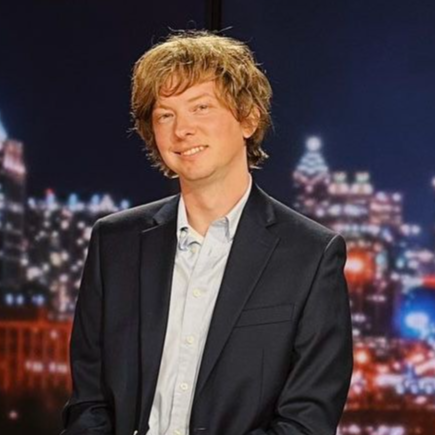Braves have plenty of options as designated hitter comes to NL

The Braves consider themselves well-equipped for the National League’s new world.
A designated hitter in the NL is among the implemented changes for the upcoming 60-game season. The long-discussed possibility felt inevitable, though under previous circumstances, the earliest it was expected was 2022.
Instead, the DH was included as part of Major League Baseball’s health and safety protocols for the 2020 season. And while it’s not yet official for the 2021 campaign, the universal DH is expected to be an MLB staple after the new collective bargaining agreement is completed (the current arrangement expires in December 2021).
In the immediate future, the Braves are more than satisfied with their DH options. While some teams have an obvious DH candidate – think Yoenis Cespedes with the Mets and Ryan Braun with the Brewers – the Braves will play the matchups.
The team already had a crowded outfield, including Ronald Acuna, Ender Inciarte, Marcell Ozuna, Nick Markakis and Adam Duvall. The latter three are the likeliest DH candidates depending on the circumstances.
The DH also helps the Braves’ third-base conundrum. Way back when, in the original spring training, Austin Riley and Johan Camargo were putting on a show through their competition for the job. The DH enables manager Brian Snitker to plug both into the lineup if he chooses.
"I'm excited because I like our group," said general manager Alex Anthopoulos, who's quite familiar with the DH from his lengthy tenure in Toronto. "I like our position-players group. We like the fact that if someone is a little banged up, we still can put him at the DH spot knowing that, at the end of games, our bench isn't going to be as important (as far as) needing guys to hit for anybody. Sure, there might be times, left on left, that you use a guy off the bench, or the other way around if we face a left-handed starter. And also, it just allows for managing your bullpen, starter, things like that."
Anthopoulos added that the DH will “open up playing time for guys who are well-deserving.”
About those players: The Braves inked Ozuna to a one-year deal this offseason. They were desperate for pop in the middle of the order and could live with the defensive limitations. Ozuna’s range and arm strength have dwindled since right-shoulder surgery two years ago. Markakis, at age 36, isn’t a renowned defender at this stage either. Both are logical DH options.
While still a DH option, Duvall is a superior defender to the aforementioned two, meaning on days he plays – he’s far more effective against lefties – it’s logical to think he’ll be in the field. The team had planned to platoon Markakis, who’s better against right-handers, and Duvall in the outfielder before signing Ozuna.
Those options, along with Acuna’s defensive versatility in the outfield, give the Braves several ways to configure their lineup. There’s also a scenario Riley and Camargo force themselves into the daily lineup – an instance the Braves would, of course, welcome.
All in all, Snitker will be able to ride the hot hand in the outfield and third base, with the only certainties being that Acuna and Ozuna will be in the regular lineup.
As Anthopoulos indicated, the bottom line is that the DH opens up playing time for their glut of bats that otherwise would’ve been absent. In removing the pitcher’s spot, it also lengthens the Braves’ lineup, which had questions after one of baseball’s most potent top fours (Acuna, Ozzie Albies, Freddie Freeman, Ozuna).
“We’re in a very good spot for the DH with the way our current squad is set up,” Anthopoulos said. “I’m excited that we’ll get a lot of these guys playing time and get them at-bats. I think all these clubs in the NL East are very deep as well. They’re very good. It’s going to be very close, assuming health for the most part. I expect it to be a very, very tight race.”



